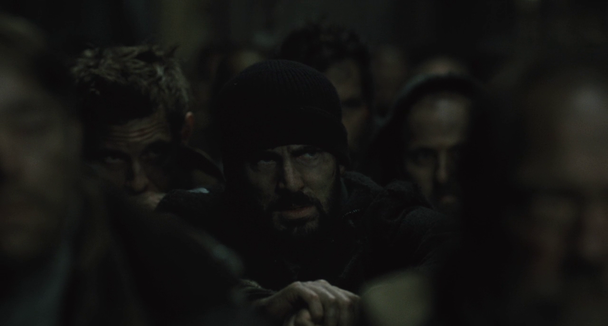 In the near future, Global Warming has become the number one threat to humanity. In an effort to slow down the effects of Global Warming, Mankind accidently increases its effects, killing nearly all life on earth. The only survivors now live on Snowpiercer, a massive train that travels around the globe, where conditions are incredibly poor under the strict class system. Joon-ho Bong's Snowpiercer is by far the directors most accessible film, delivering an action-packed story that wears its thematic intentions like a badge of honor. This is the type of thinking man's blockbuster that Hollywood should be embracing, a film that works as escapism while still having something to say. On a thematic level, the central conflict of Snowpiercer revolves around a pessimism vs. optimism approach to humanity, with the film openly exploring this debate in a fascinating and refreshing way. The film understands that no one is innocent or free of darkness in a post-apocalyptic scenario, not even its main protagonist, Curtis, a reluctant leader who wants to restore equality and empathy to a system that shows little of either to anyone. Through Curtis, Snowpiercer introduces fascinating ideas and discussions about society and humanity, constantly keeping the viewer guessing as to how it will end. Snowpiercer is the type of film that offers unique challenges from a cinematography and production design perspective being that it takes place in the narrow confines of a train. Due to this fact, Joon-ho Bong shoots the entire film with a great sense of depth of frame, effectively bringing the narrow confines to life, capturing the vast depth of the journey that lays in front of its main protagonists. Each car of the train is different from the last, only aiding in making Snowpiercer a constantly unique and engaging experience. Snowpiercer is probably Joon-ho Bong's least interesting film but what it is able to achieve considering its summer blockbuster dna is impressive nonetheless.
0 Comments
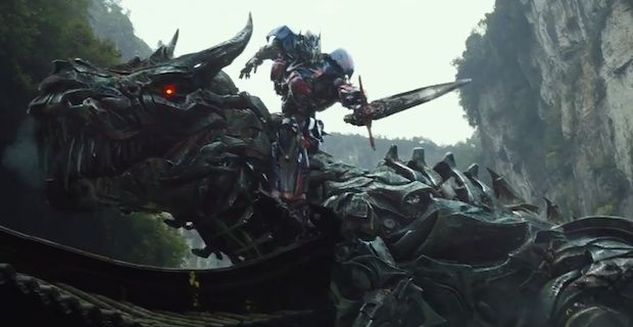 Taking place several years after the events of the last film, Transformers 4 is the story of Cade Yaeger, an inventor, who is struggling to raise his teenage daughter on his own with little money coming in from his work. With humanity still attempting to pick up the pieces after the horrific events in Chicago, a deep secret group of mercenaries attempt to ensure our future by hunting down and eradicating the remaining transformers in hiding. Cade purchases an old semi-truck that turns out to be Optimus Prime in hiding, setting off a series of events where he and his daughter find themselves in the middle of a war between the autobots, a corrupt government agency, and an ancient, powerful new menace intent on hunting down Optimus. Michael Bay's Transformers: Age of Extinction is more of an endurance test than anything else; a bombastic, tedious meshing of poor characters, computer generated effects, and nauseating action. Mark Whalberg feels very out of place in this film as Cade Yaeger, a man in which the audience is given very little reason to care. His main arch revolves around his inability to be successful as an inventor, with an incredibly cheesy and eye-roll inducing over-protective father storyline that's painful to watch. Every character in this film is uninteresting both on the human side and the transformers side, almost as if Bay is just creating filler in-between the computer generated carnage. Transformers 4 is certainly a pretty film to look at, with a few impressive moments of computer generated carnage but at roughly 160 minutes it overstays its welcome with a story that seems to become more and more dumb the longer it goes. 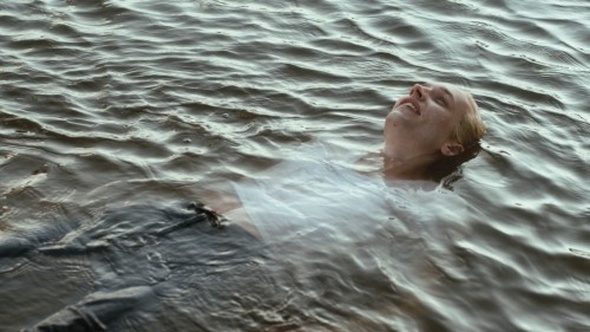 Based on true events, Katrin Gebbe's Nothing Bad Can Happen tells the story of Tore, a teenager with nowhere to go who becomes involved with an underground Christian movement known as the Jesus Freaks. After a chance encounter with a stranded family, where Tore managers to start their car by consulting with god, he is invited to their home. Having no home or family, Tore becomes friendly with the family of four. Before long, Benno, the father, begins to play an increasingly cruel game in which he challenges Tore's beliefs. Nothing Bad Can Happen is not a film for the faint of heart, a taxing, dark experience about a young man's faith being pushed to extreme measures. Benno is a character that is basically the representation of evil, a character who methodically pushes Tore as much as possible, desiring to show Tore that there is no higher power. While the film is based off of a true story it does push things to extreme levels, making me question whether the director herself is a misanthrope, seemingly enjoying the senseless cruelty forced upon Tore by Benno. That being said I could make an argument that these extremes are somewhat necessary, with the film effectively telling Tore's story as a parable of Jesus, with him sacrificing himself in the end to give Benno's two children the push they need to save themselves from their evil parents. For a first time director, Gebbe's direction is impressive and self-assured, stylishly and effectively transporting the viewer into the psyche of Tore. While Nothing Bad Can Happen can be a tough experience, first time director Katrine Gebbe shows promise in delivering an unconventional story about the power of faith and through Tore's decisions, self-sacrifice. 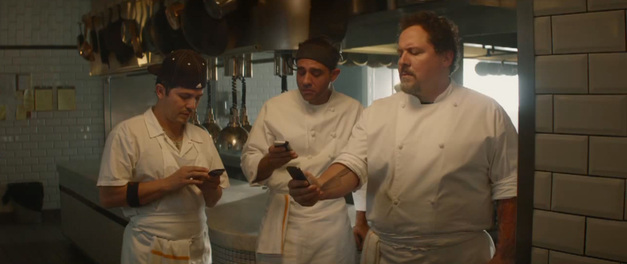 Carl Casper, an acclaimed chef and loving father, has recently been struggling to express himself artistically. With a restaurant owner/boss who insists he stick to the menu, Carl's frustrations are only growing. Eventually those frustrations reach a boiling point, with Carl having an explosive confrontation with a restaurant critic who panned the food his boss ordered him to cook against his instincts. With his career teetering on the edge of ruin, Carl takes his ex-wife's suggestion and decides to head to Miami where he retrofits an old food truck in an effort to cook on his own terms. Jon Favreau's Chef is compelling, easy to digest entertainment about the importance of artistic expression. Chef is not a film specifically about art but about the importance of doing things not for the satisfaction of others but for the satisfaction of oneself. The emotional core of the story is centered around Carl's relationship with his son, Percy, who has been slightly neglected due to Carl's job. Carl's ability to find his artistic expression leads to him forming a deeper relationship with his son, where they bond over their passion for food. Chef is funny and poignant but the way the film unfolds in this quasi-romantic fantasy type of way can be a little much, taking away some of the credibility it earned in its exploration of personal expression. It's not poorly done per se, just a tad too clean in the way the film comes to a close, specifically as it pertains to his ex-wife and the food critic. Jon Favreau's Chef is a highly enjoyable experience, capturing the importance of personal expression as it pertains to overall happiness. 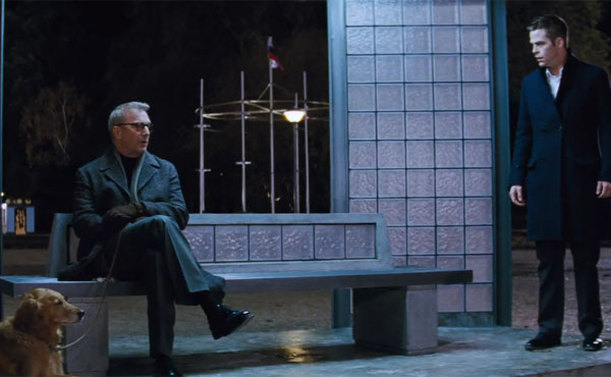 The latest saga of CIA analyst, Jack Ryan, begins with Ryan attending the London School of Economics as a student. The horror of 9/11 leads to Jack enlisting in the Marines where he is severely injured. Spending months in rehab, Jack grabs the attention of Harper, a high ranking CIA officer, who invites Jack to work for him in an effort to uncover any acts of terrorism using his finance skills. Working for Harper, Jack uncovers strange financial transactions in the accounts of Cherevin, a high ranking Russian business man. Jack heads to Russia where he uncovers a Russian terrorist plot against the United States which takes him out of his desk job and into the spy world. Kenneth Branagh's Jack Ryan: Shadow Recruit is a serviceable spy thriller that is admirable if only for its old-school approach. In this day and age where action films feel the need to bombard the viewer with explosions and other forms of sensory overload, Jack Ryan is a reserved piece of filmmaking. The film begins with an incredibly cheap and quite frankly insulting attempt to instill emotion into its viewers, conjuring up 9/11 imagery. While the attempt to get the narrative moving is admirable, it's completely unnecessary as an inciting incident into why Jack decided to fight for his country. The film could have just as easily started in Afghanstan and wouldn't have been nearly as emotionally manipulative in doing so, while still capturing Jack's commitment to his country. From there the film does get better, though the script leaves something to be desired, using a methodical, reserved approach in developing its action thriller narrative in a way that is very rare these days for major studio released. The action set pieces are few and far between and I mean that as a complement, as this film doesn't rely on these scenes to keep the film somewhat interesting, understanding the spy game of deceit can be just as entertaining. Unfortunately, Jack Ryan's old-school approach is a strength and a weakness at times, attempting to reignite the cold war days in a way that makes it feel awfully familiar and uninteresting. Kenneth Branagh's Jack Ryan: Shadow Recruit could be described as the definition of a sub-par spy thriller, not bad enough to be disliked, but not interesting enough to set itself apart. 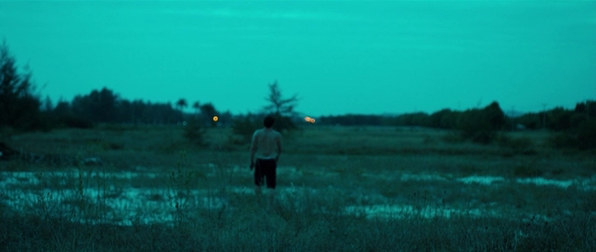 Four friends decide to lose themselves on an exciting, carefree vacation in Souteast Asia. Dave and Alice are married with two young kids, while Steph, Alice's younger sister, has brought her latest boyfriend, Jeremy, along for the adventure. At the conclusion of their dream vacation Jeremy goes missing, which in turn reveals a nasty secret about the trip which threatens to destroy Dave and Alice's marriage among other things. Kieran Darcy-Smith's Wish You Were Here is a dynamic character drama masquerading as a drug thriller. The film's initial mystery, the disappearance of Jeremy and his potential involvement in illegal drugs, is simply used as an inciting incident that begins the disintegration of Dave and Alice's relationship when dark secrets are revealed about the foursome's vacation. Kieran Darcy-Smith handles this disintegration well, with a calm approach that slowly reveals how one mistake, one deceit, has the potential to shatter ones world as they know it. The film takes its time, using a nonlinear approach to expose details of their fateful vacation bit by bit, letting it soak in while the actors deliver strong performances. This is a character drama that balances the small nuances well, detailing in a subtle way the undercurrent of tension that exists in the various relationships from husband and wife, to tension among men who are in the middle of a masculinity pissing contest. Kieran Darcy-Smith's Wish You Were Here leaves something to be desired from a thriller perspective, though it succeeds at exploring relationship dynamics, with strong central performances from Joel Edgerton and Felicity Price that make it worth your time. 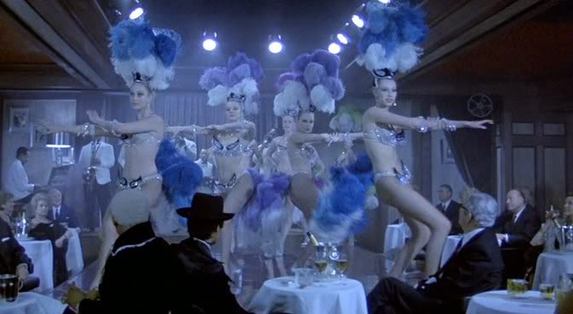 Simon, a master criminal, precisely executes heists and other criminal acts along with his three crew members. Highly intelligent, Simon has little respect for the law, knowing he has always been a step ahead of them at every turn. On their most recent job, a bank robbery, Simon has everything planned down to the second, even capable of working on the fly when one of his crew is wounded during the robbery. The men escape with ease, stashing the wounded man at a clinic in an effort to hide him from the authorities. Coleman, an exceptional police detective, can't see the crook who exists right under his nose, his friend Simon. Assigned to investigate the recent robbery, Coleman begins to put the pieces together. Jean-Pierre Melville's Un Flic is an exceptionally well-crafted detective thriller that's thoroughly engaging and dramatically resonant. This is the story of tow men on opposite sides of the law, each of which is an expert at what they do. While these two men are friends, they rarely share any screen time together, as Melville instead opts to bounce back and forth between the two characters, crafting a thrilling cat and mouse game between the two skilled men. Being men who consider themselves friends, Melville deconstructs masculine camaraderie, arguing that men are only stimulated by ambiguity and derision. Un Flic could be my personal favorite of Melville's films from a style perspective, with each frame dripping with dramatic and/or emotional weight. With this film, Melville shows such a great understanding of timing, holding onto certain shots longer than would be typical, getting more emotional impact. The opening sequence of Un Flic is remarkable, with incredibly detailed cinematography and editing that perfectly mirror Simon's attention to detail when planning his jobs. Jean-Pierre Melville's Un Flic is an intelligent story of two men on opposite sides of the law, making it another film of Melville's that should be seen. 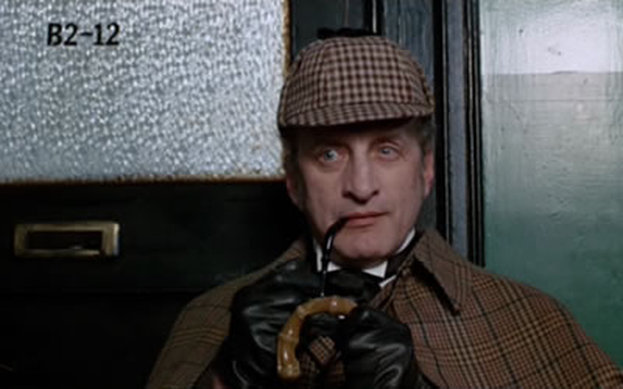 Justin Playfair, a retired, widowed judge, labors tirelessly under the delusion that he's Sherlock Holmes. With selfish intentions, Playfair's greedy brother Blevins hires a psychologist, Dr. Mildred Watson, to confirm his brother's insanity which in turn grants Blevins control of Justin's million dollar fortune. Reluctantly, Dr. Watson agrees but she is soon taken into Justin's dreamworld, accompanying him on his quest to track down Professor Moriarty, his sworn enemy. Anthony Harvey's They Might Be Giants is an incredibly clever, witty, and charming piece of filmmaking that is only elevated by George C. Scott's lead performance. While the film is basically a modern tale of Sherlock Holmes in which he is a psychotic paranoid, They Might Be Giants doesn't reveal Justin's delusion right away, letting the viewer see him from his own perception, a highly intelligent, problem-solving detective who is widely respected by everyone around him. A film that could be described as darkly whimsical, They Might Be Giants is a love story at its core but the way it gets there is what's most impressive. A rarity in films, the two main characters in They Might Be Giants never feel like they are being pushed towards each other romantically, rather the film lets it come completely organically, infusing their romance with the theme of the film - how much does our perceived reality matter if it's real to us. Anthony Harvey's They Might Be Giants features an impressive performance by George C. Scott, and a charming, original story, making it certainly worth your time. 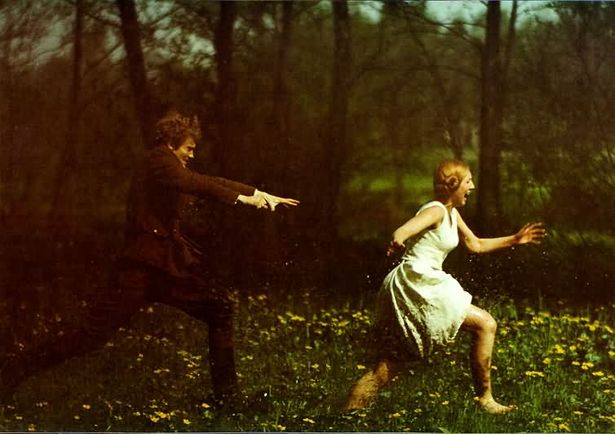 Taking place in a pre-war Poland, Andrzej Wajda's The Birch Wood tells the story of a sprightly young man who comes to stay with his brother on his farm out in the forest. The young man is dying of tuberculosis but is very much in love with life, constantly playing the piano feverishly for enjoyment. Getting involved with his brothers problems, he begins an affair with a young farmhand, whose husband may or may not have been having an affair with his brother's now deceased wife. Conflict ensues until a terrible tragedy begins to put everything into perspective. Andrzej Wajda's The Birch Wood is a beautifully realized story about human frailty and the importance of living life to the fullest. There is an aura of death surrounding the entire film, with Wadja throwing both subtle and not-so-subtle reference to the insurmountable certainty of eternal rest. The dichotomy between the two brothers is a fascinating one, with Wajda going against typical assumptions in showing a dying man whose reinvigorated by the time he has left, and a his brother, who is tortured by the death of his wife, welcoming death to his doorstep. This deep depression and angst has affected the brother's relationship with his daughter, who simply doesn't recognize the love he has for her buried beneath this anger. There is an incredibly powerful sequence in the film between these two characters where the father desperately tries to reach his daughter, unintentionally sending her into fearful tears. He is a man whose let his own depression and sorrow consume him, hurting one of the only people he still loves the most. The brother is really the centerpiece of the film's theme, a man whose let the loss of his wife completely shatter his existence, with Wadja unfolding a story that speaks to the importance of living everyday to the fullest. Andrzej Wajda's The Birch Wood might not be one of his most celebrated films but it's a remarkable piece of filmmaking that showcases the human consciousness as it pertains to death. 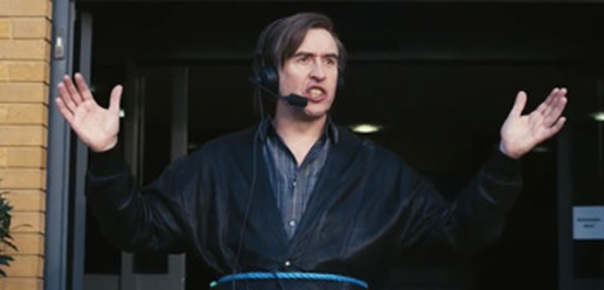 Alan Partridge, a once proud national television broadcaster, now works at a small radio station as a radio personality for the mid-morning broadcast. When the radio station is bought out by new management, everyone, including Alan, fears their jobs could be at risk. This leads to the sacking of one of the DJs, who decides to hold the station hostage with Alan at the center of a siege, being the only person the disgruntled man can trust. Declan Lawney's Alan Patridge is a fun comedy that does a good job at balancing its tone, delivering both comedy and drama that work more so than not. Alan Partridge is a selfish, attention-seeking protagonist that can be hard to root for at times, and the films knows this, juxtaposing dramatic tension and heartfelt moments with the pure, vapid narcissim that personifies Alan's character. The film narrowly walks this line with ease, delivering quick-witted humor and heartfelt moments, centered around the disgruntled DJ, that shouldn't work as well together as they do.. Coogan's performance is partly responsible for this, with his ability to create a comedic character full of of fear, envy, and ego. Declan Lowney's Alan Partridge is a well-paced, well-written, funny, and surprisingly heartfelt, a combination that should appeal to both newcomers and fans of the character. Coogan is an old hand at the comedy of fear, envy, and bruised egotism, and the movie is packed with clever gags." |
AuthorLove of all things cinema brought me here. Archives
June 2023
|
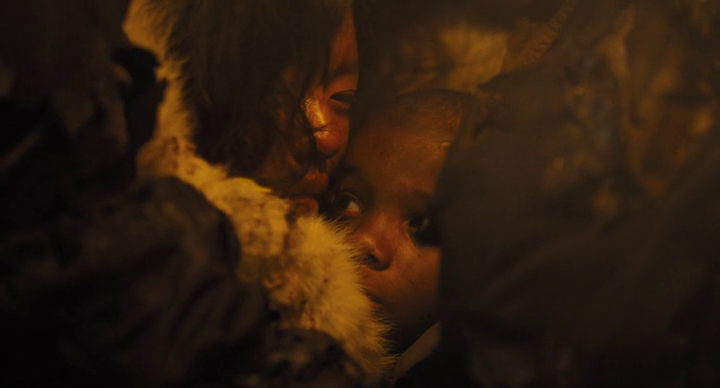
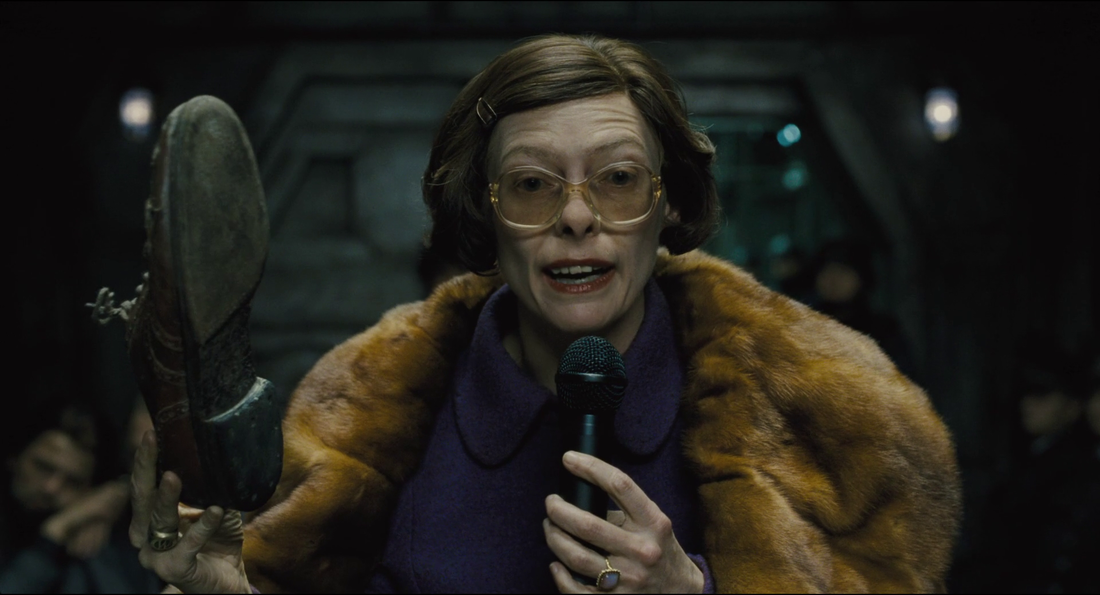
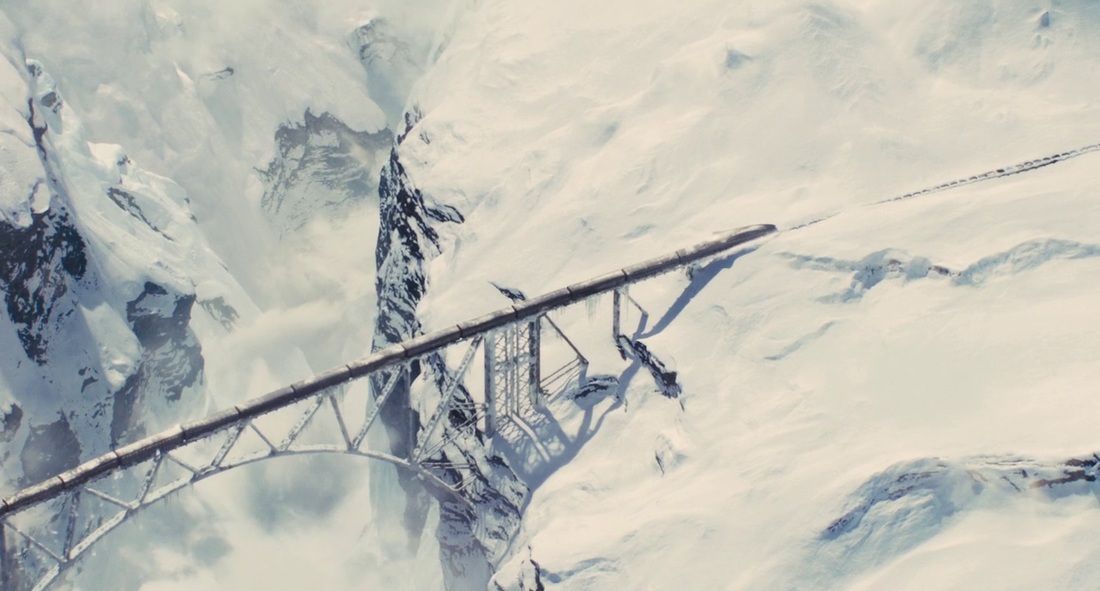
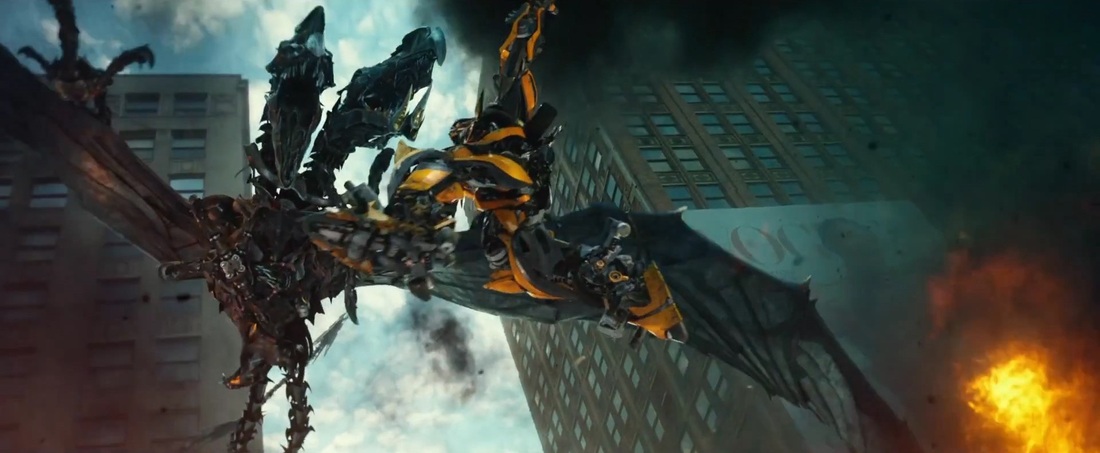

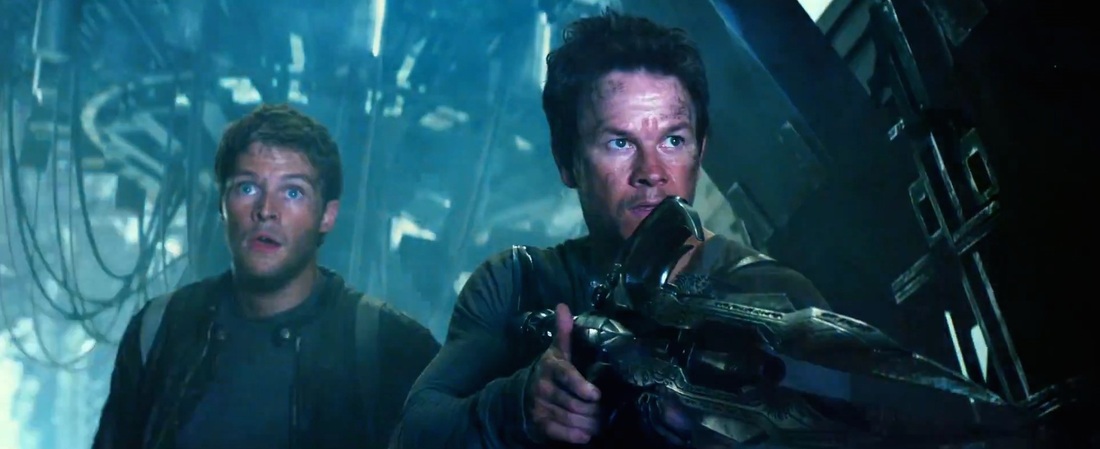
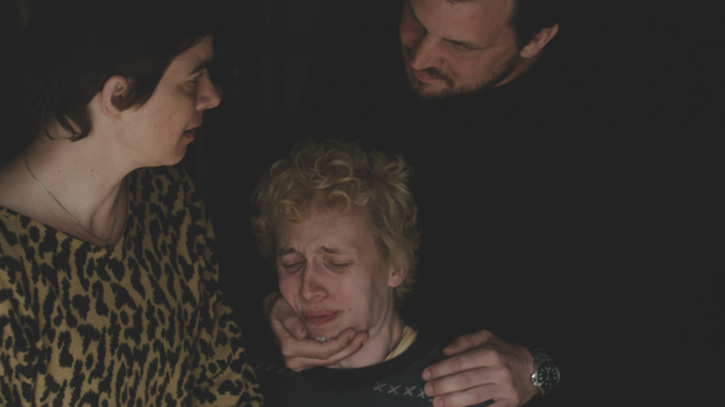
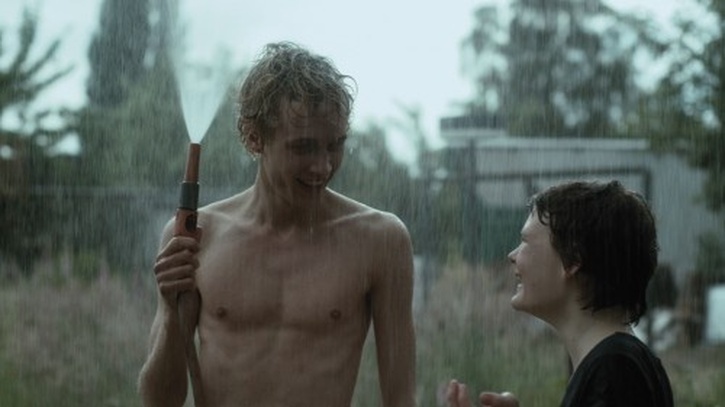
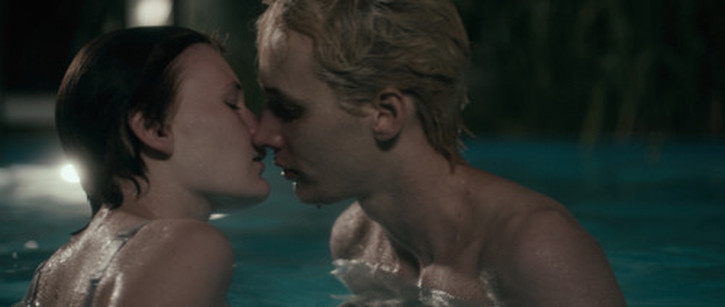

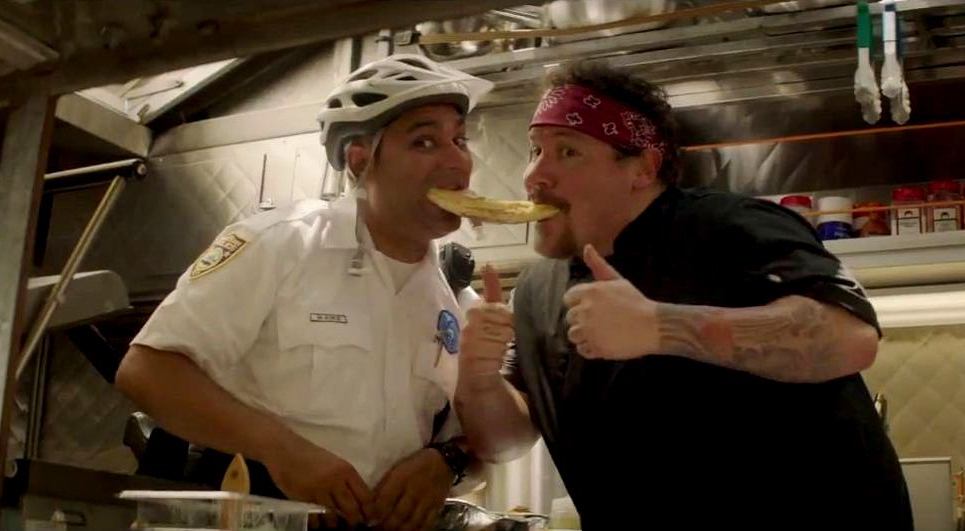
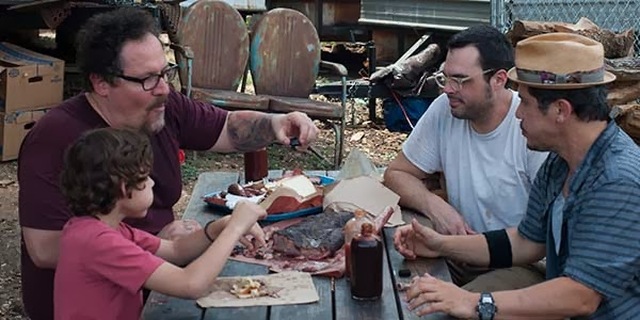
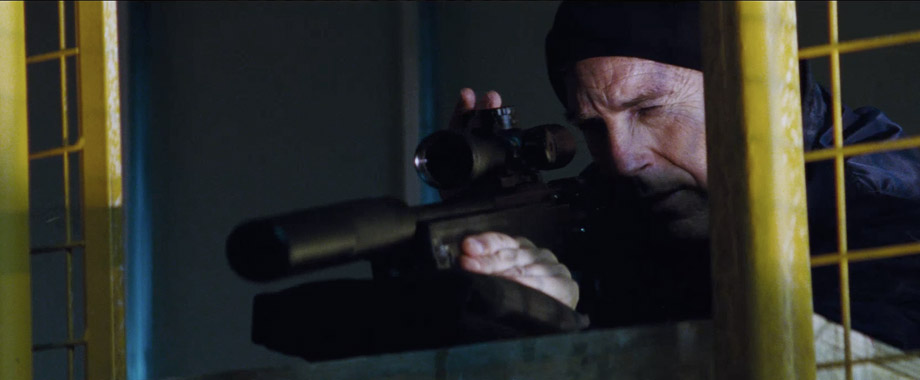
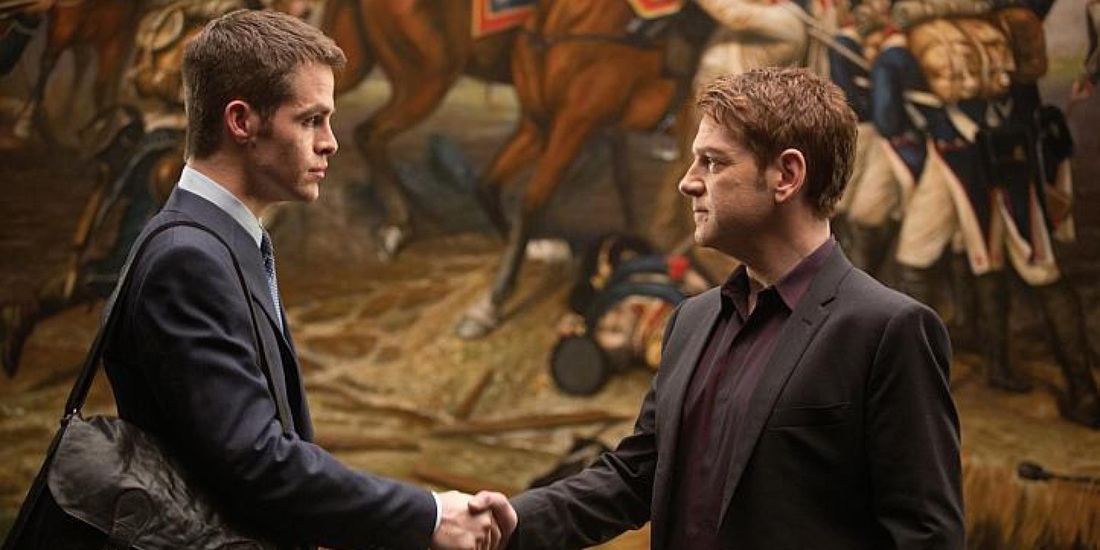
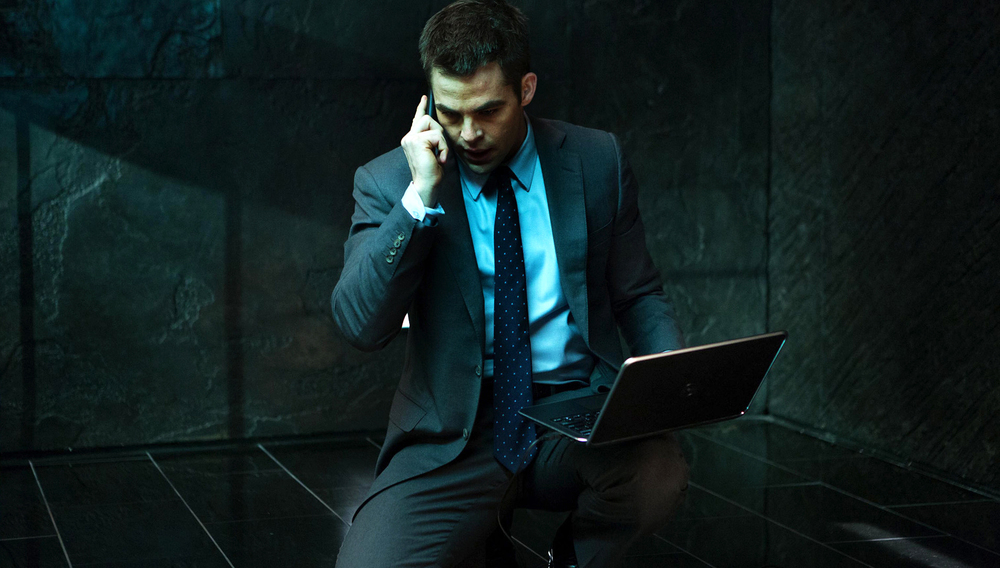
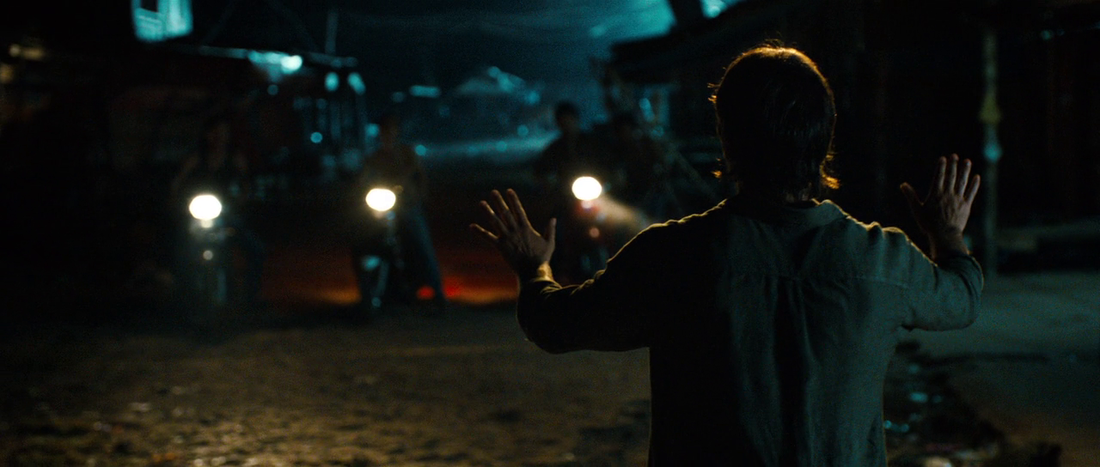
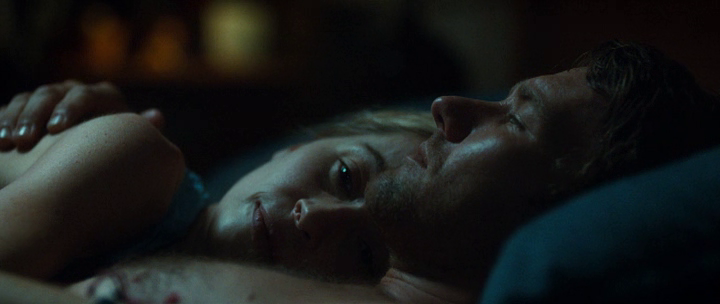
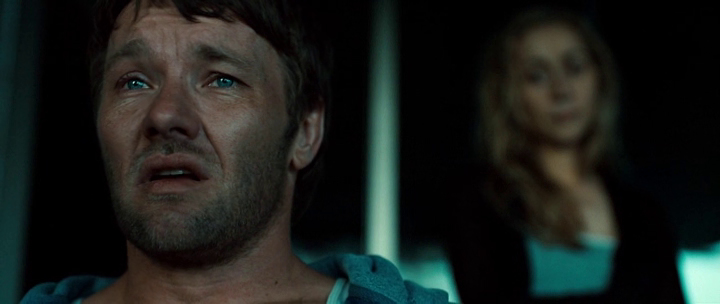
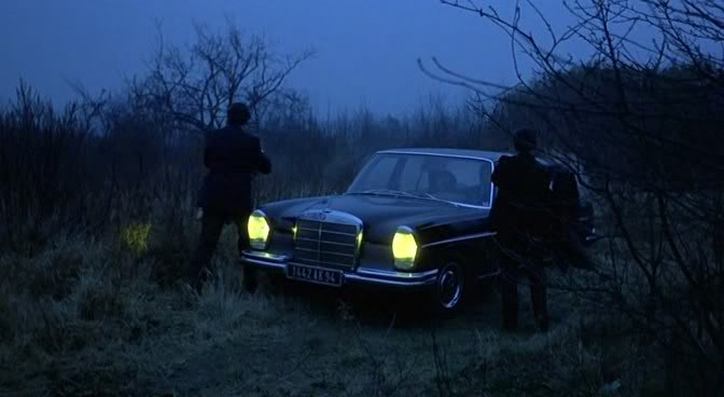
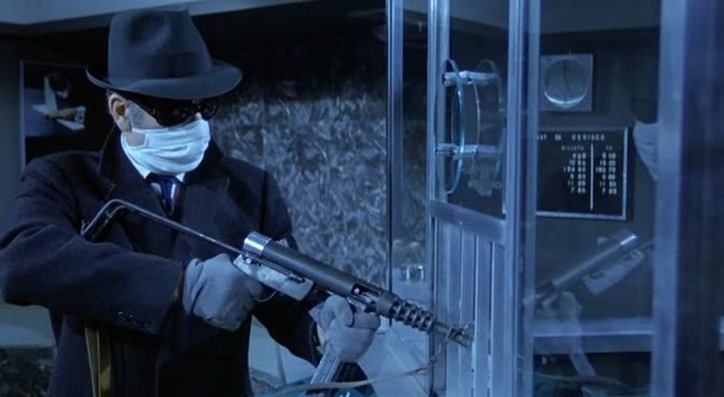
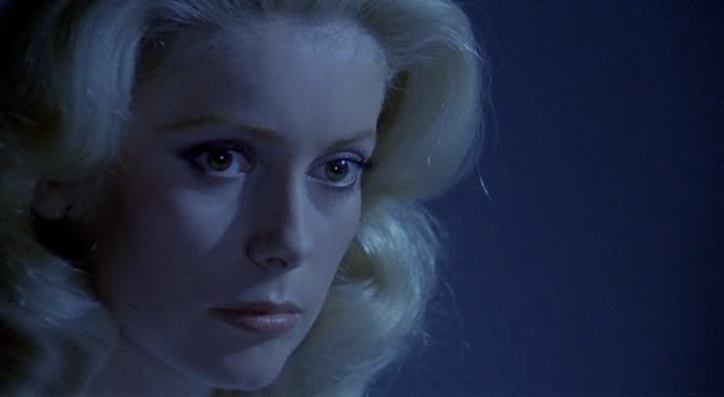
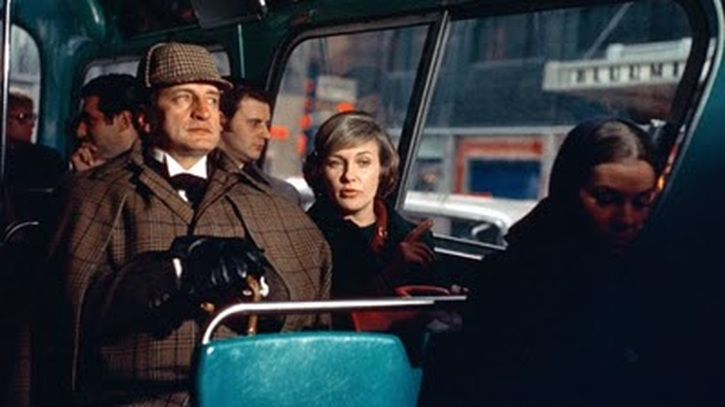
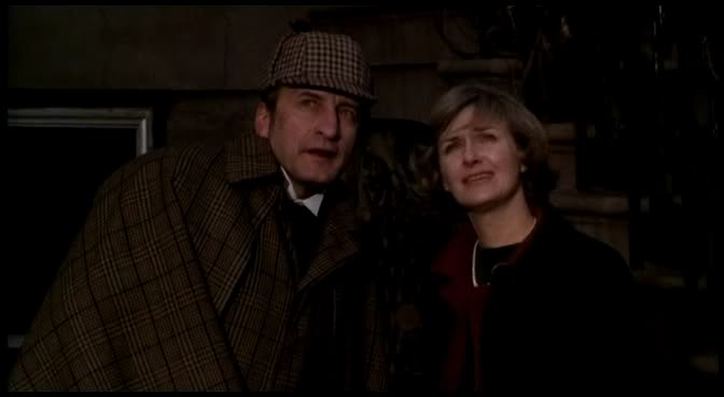
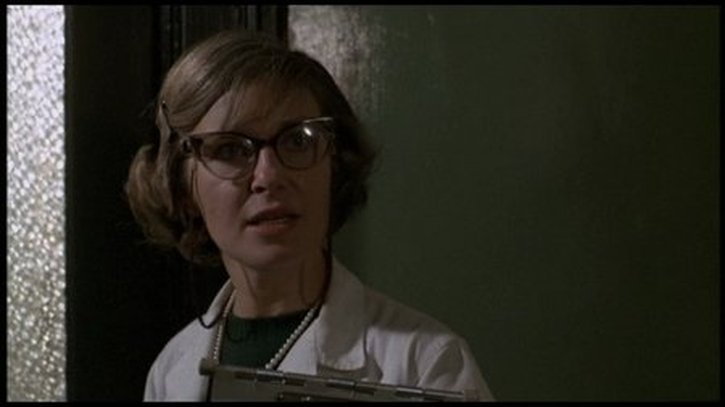
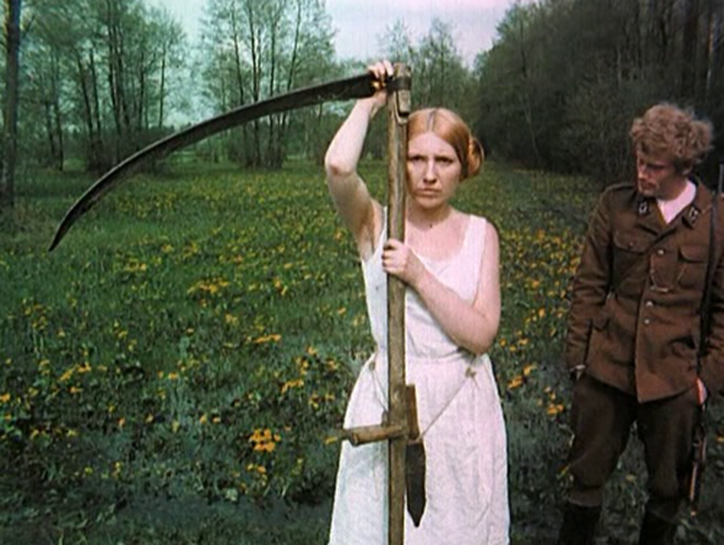
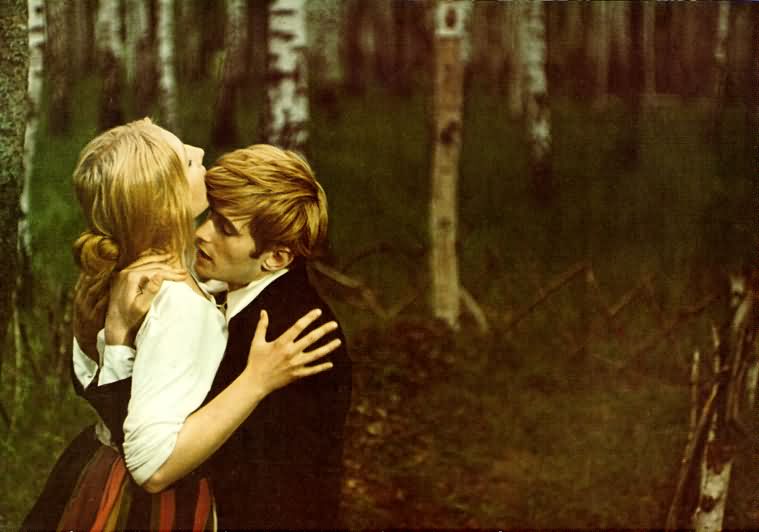
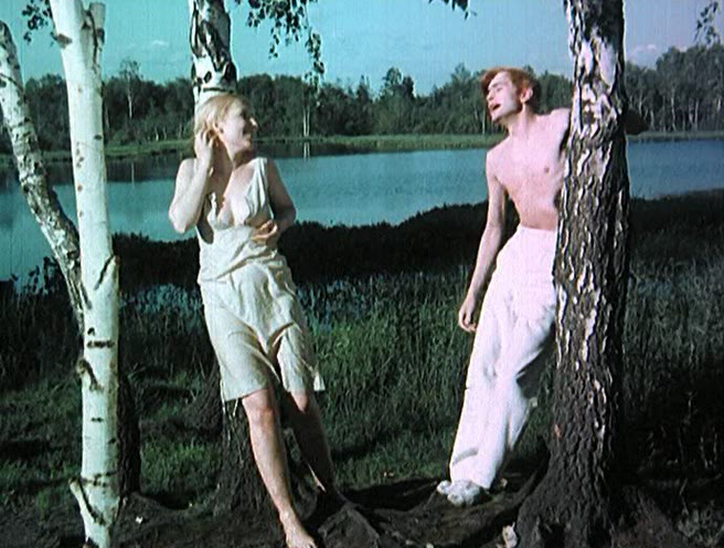
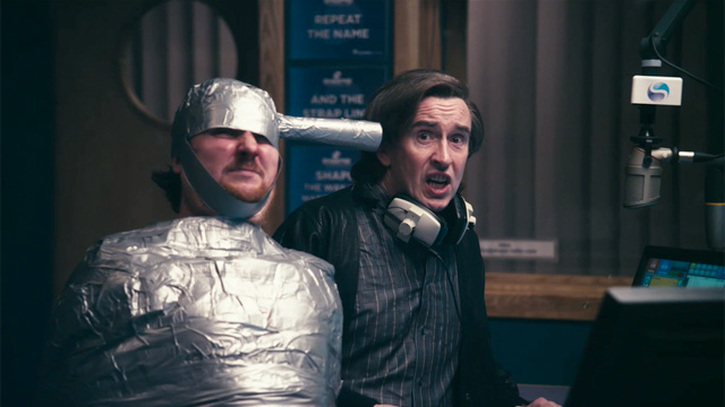

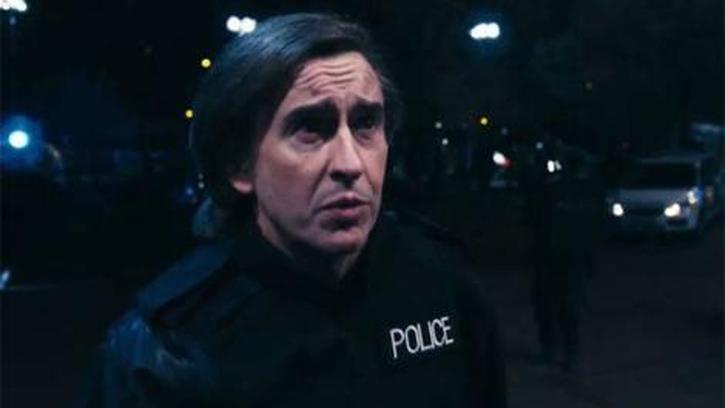
 RSS Feed
RSS Feed
